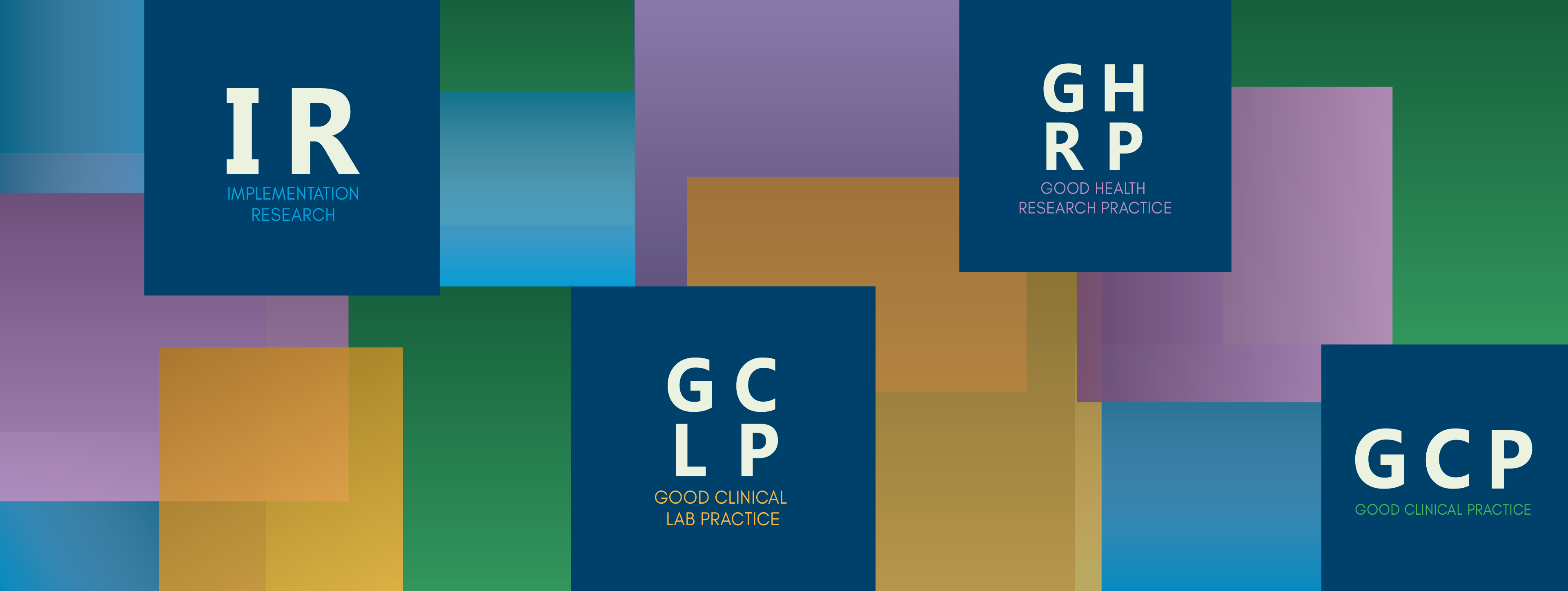It is widely known that effective new health technologies cannot be successfully implemented when these technologies are scaled up. There is a significant need of particular research to identify solutions and options for overcoming implementation obstacles in health systems, disease control programmes and health care delivery. This form of research (also known as implementation research) addresses implementation bottlenecks, identifies optimal approaches for a particular setting, and promotes the uptake of research findings: ultimately, it leads to improved health care and its delivery.
While implementation research (IR) has been defined in various ways by different institutions, common interpretations focus on the systematic approach to understanding and addressing barriers to effective and quality implementation of health interventions, strategies and policies. IR is demand-driven and the research questions are framed based on needs identified with relevant stakeholder/implementers in the health system. This course will introduce participants to the concept of IR, tools and materials relevant to IR and facilitate the development of IR proposal.
The course aims to develop IR capacity in both individuals and institutions, particularly in low- and middle-income countries, where the greatest needs for expanding IR capacity persist. Throughout the capacity-building process there are feedback loops for monitoring, tool kit adaptation and improvements, as well as suggested approaches to ensure integration of knowledge translation and uptake of results.
Modules
The training will be delivered through lectures, plenary discussion, group discussion and problem analysis which focus on a series of modules:
- Introduction to IR
- Contextualizing IR issues
- Developing an implementation research proposal.
- Planning to execute implementation research.
- Analysing implementation research data.
- Dissemination of Results and Research Findings
- Monitoring and Evaluation
Participants
Target participants are a group of 3 who are involved in public health research such as public health professionals, epidemiologists, etc. Groups are expected to bring their proposal of the study which they plan to implement.

